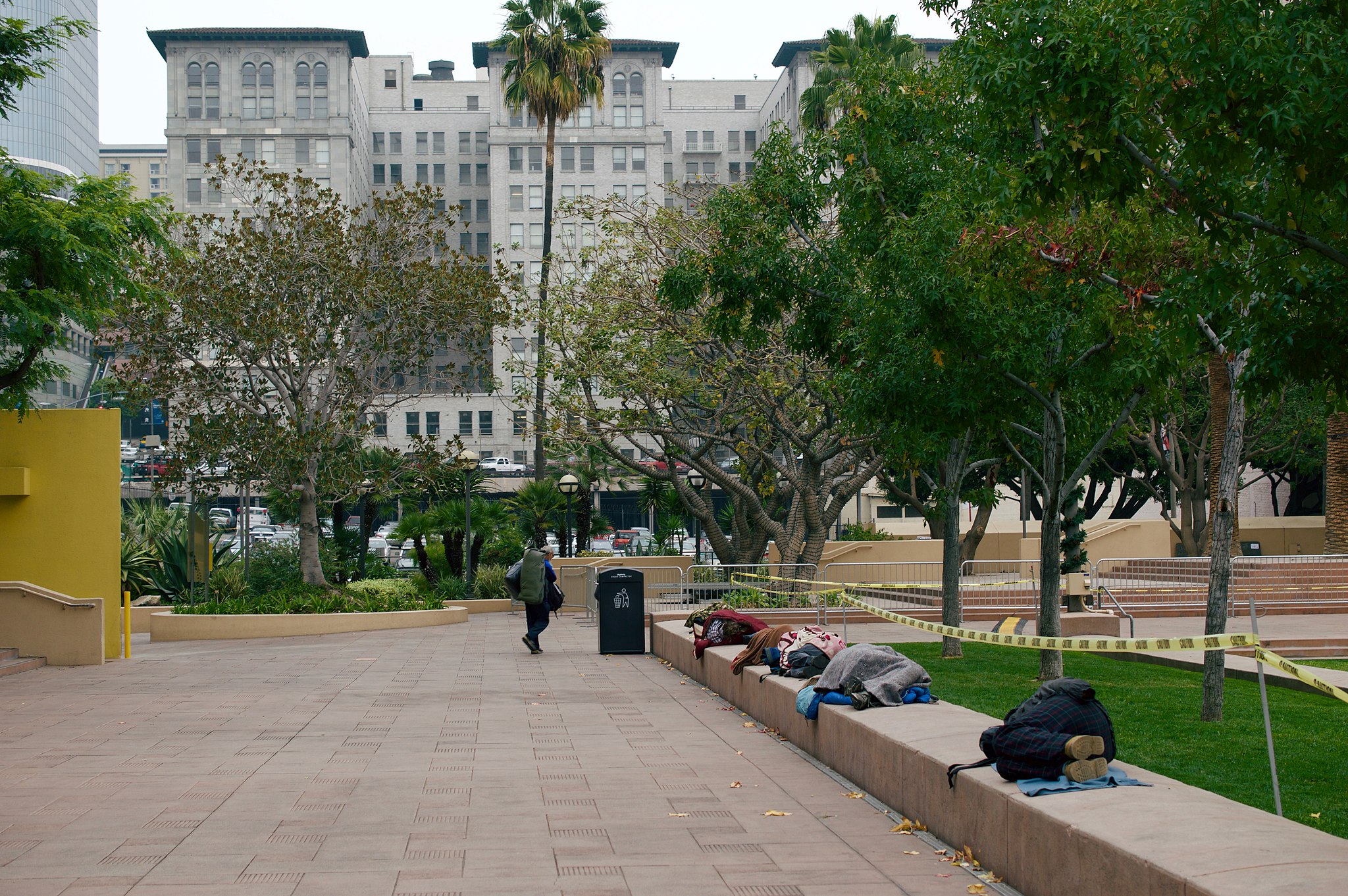
By Ariel Okamoto
The UCLA Labor Center has received a $1.3 million grant from the James Irvine Foundation to establish the California Workforce Development Worker Equity Initiative with the National Skills Coalition.
Leading the effort for UCLA are Betty Hung, project director at the UCLA Institute for Research on Labor and Employment, and Ana Luz Gonzalez-Vasquez, a project manager at the Labor Center. The National Skills Coalition is a Washington, D.C.-based nonprofit that advocates for policies and skills training to benefit workers and businesses.
The Worker Equity Initiative will collaborate with the state of California’s Labor and Workforce Development Agency to explore how government agencies and their partners help workers thrive in quality careers, particularly as California recovers from the COVID-19 pandemic and recession.
“The California Workforce Development Worker Equity Initiative will shed light on how to improve public sector supports and systems while specifically centering the needs and career aspirations of those who have been hit hardest by COVID-19 and racism and other discrimination,” Hung said.
The effort has already begun: The initiative is in the midst of 18 months of community engagement, planning and research, with representatives collecting input from local workers and community leaders. The initiative will then recommend state-level policy changes and highlight opportunities for Californians to push for similar improvements at the federal level.
The initiative also will engage Californians who have been most affected by the recession and those who have been excluded, underserved or marginalized by longstanding structural barriers of discrimination. By soliciting their voices, the initiative aims to increase racial and worker equity in the state’s public workforce development efforts.
“We are extremely grateful for this generous and very timely grant from the James Irvine Foundation,” Gonzalez-Vasquez said. “These funds will help us build upon our partnership with the National Skills Coalition and enable us to focus on ways our society can recover from COVID-19 to build a more equitable economy.”
In addition to the leadership of the UCLA Labor Center and National Skills Coalition, the initiative will benefit from the expertise of a statewide steering committee representing worker centers, nonprofit training providers, labor unions and local workforce boards. The committee members are:
- Janel Bailey, Los Angeles Black Worker Center
- John Brauer, California Labor Federation
- Lisa Countryman-Quiroz, Jewish Vocational Services (San Francisco Bay Area)
- Rebecca Hanson, SEIU UHW and Joint Employer Education Fund/Shirley Ware Education Center
- Sheheryar Kaoosji, Warehouse Worker Resource Center
- Cesar Lara, MILPA Collective and Monterey Bay Central Labor Council
- Sam Lewis, Anti-Recidivism Coalition
- Arcenio Lopez, Mixteco/Indigena Community Organizing Project
- Simon Lopez, Goodwill Southern California
- Laura Medina, Building Skills Partnership
- Pedro Ramirez, Central Valley Worker Center
- Rebecca Rolfe, San Francisco LGBT Center
- Aquilina Soriano, Pilipino Workers Center
- Brooke Valle, San Diego Workforce Partnership
The James Irvine Foundation is a private, nonprofit grantmaking foundation dedicated to expanding opportunity for the people of California. The foundation’s focus is a California where all low-income workers have the power to advance economically. Since 1937 the foundation has provided more than $2.09 billion in grants to organizations throughout California, and it has contributed to UCLA since 1970.
This article, written by Ariel Okamoto, originally appeared in the UCLA Newsroom.

